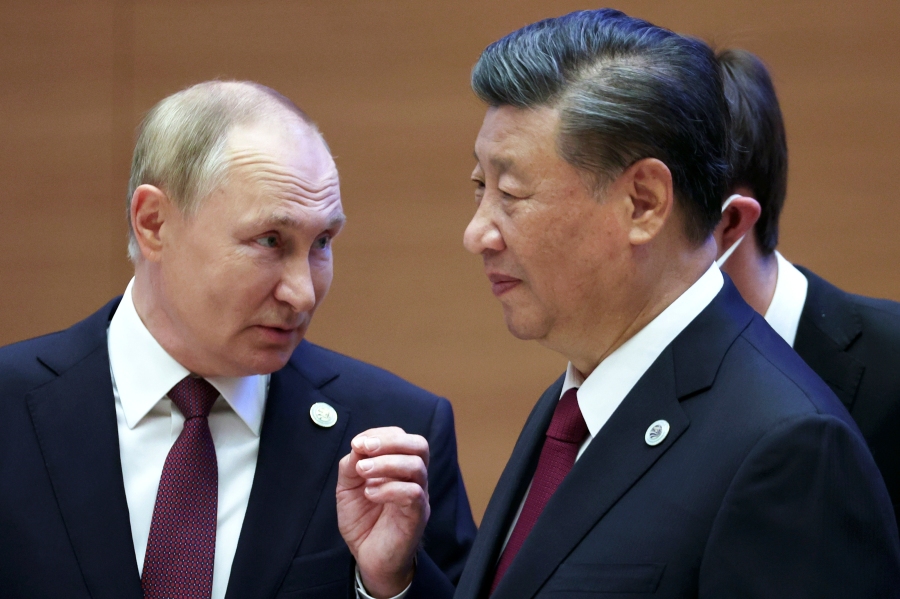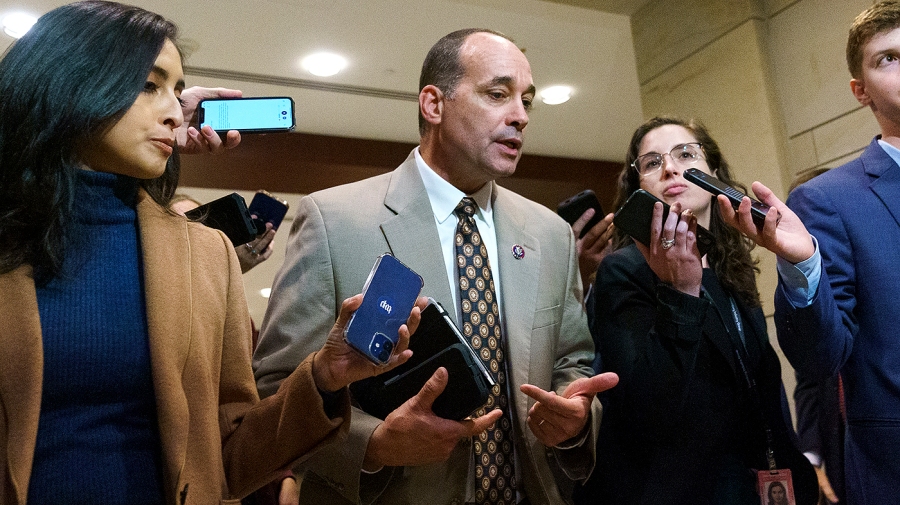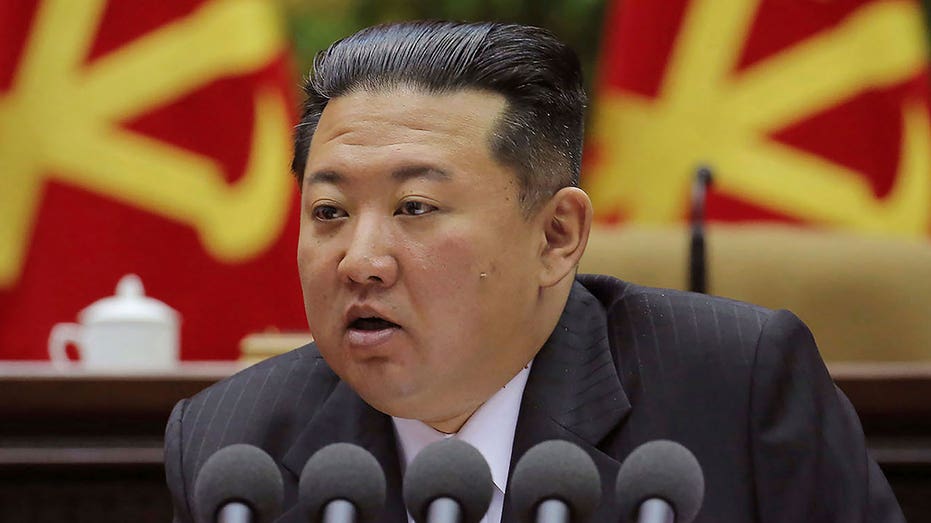Just In | The Hill
At the start of this new year, history’s eyes are locked on the Supreme Court.
Several rulings on religion and race — culture war hot buttons — are due in 2023.
Those decisions will arrive after a year in which the Supreme Court had to put a fence around the building for a time to hold off protests.
Six conservatives on the court advanced a right-wing political agenda by uprooting nearly 50 years of settled law and ending every American woman’s constitutional right to abortion.
Polls show the abortion ruling resulted in an historic drop in public trust in the Court.
“Just 47 percent of adults in Gallup’s survey expressed even some trust in the judicial branch of the federal government, a stunning 20-point drop over the last two years and a 7-point drop from last year,” CNN reported in September.
“And it’s not just trust…just 4 in 10 Americans said they approve of the way the Supreme Court is handling its job…That matches the lowest approval rating Gallup has ever recorded for the Supreme Court.”
Numerous polls showed the ruling overturning Roe v. Wade was deeply unpopular — in several surveys, by around a two-to-one margin.
And it impacted the midterm elections. Registered voters told Fox News in a September poll that the top two issues “motivating” them to vote were inflation, at 19 percent, closely followed by 16 percent concerned with abortion,
Towards the end of the year, Congress collected enough support — including 39 Republican votes in the House and 12 in the Senate — to protect the rights of same-sex and interracial couples of marry. The legislation was a direct response to Supreme Court Justice Clarence Thomas’ partisan opinion in the abortion case.
Thomas trumpeted the idea that conservatives on the court might do away with any right based on the concept of privacy. That opened the door to future rulings that would end the legal right to same-sex marriage, interracial marriage and even contraception.
The politics of the abortion decision also tore at trust among the justices.
During oral arguments, Justice Sonia Sotomayor asked whether the Court could “survive the stench that this creates in the public perception that the Constitution and its reading are just political acts.”
The “stench” was evident in a leak of the Dobbs decision before it was officially released.
That sabotage was revealing.
As a matter of strategy, it had one of two intentions.
Number one, the conservative justices, or someone close to them, leaked it to keep any of them from abandoning the draft of a ruling they knew to be radical. Number two, the more liberal justices, or someone close to them, leaked to shame the conservative block in the hope that public pressure would force reconsideration of the decision.
The eventual ruling fit with the draft and led to an internal Supreme Court investigation. So far, there is no public report on the result.
Now the talk is that the findings are being withheld because they will add to the fires raging at the court.
There are fires all around the court.
After the Dobbs ruling, a former anti-abortion activist told Congress that in 2014 a donor to his group was told in advance by Justice Samuel Alito that they would get a favorable outcome of a pending case on contraception and religious rights.
Alito adamantly denied the allegation, as did the donor whom he allegedly told.
Another fire erupted when Thomas was the sole dissenter in a ruling that allowed Congress to see some Trump administration documents tied to the January 6 riot at the U.S. Capitol.
The politics became eye-opening when it later emerged that Thomas’s wife was keenly involved in efforts to overturn the election’s result.
Ginni Thomas was in direct correspondence with Mark Meadows, the White House Chief of Staff, writing: “Help this Great President stand firm, Mark!!!… Biden and the Left is attempting the greatest Heist of our History.”
Also under scrutiny is a former Thomas clerk, John Eastman.
He was found to have offered advice to the defeated president on how to make a legal case for remaining in office.
I wrote a prize-winning biography of Justice Thurgood Marshall, the first African American to serve as a Supreme Court Justice. Thomas sits in the seat once held by Marshall.
To my mind, he is the gold standard for a modern Supreme Court Justice. His agenda was to pursue equal justice for all. That meant asserting protection of individual freedoms for racial minorities, women, and children.
Conservative critics complained he was a liberal activist on the court.
But even the critics agree he was engaged in persuading his fellow justices based on existing law and not acting as part of any newly powerful majority to achieve a political agenda.
As one of Marshall’s former clerks, current Supreme Court Justice Elena Kagan, said in September: “If there are new members of the court, and…very fundamental principles of law are being overthrown or being replaced…That just seems as though people with one set of policy views are replacing another.”
Welcome to a new year with the Supreme Court in need of a fence to keep out public rage.
Juan Williams is an author, and a political analyst for Fox News Channel.
Opinion, Columnists Read More













